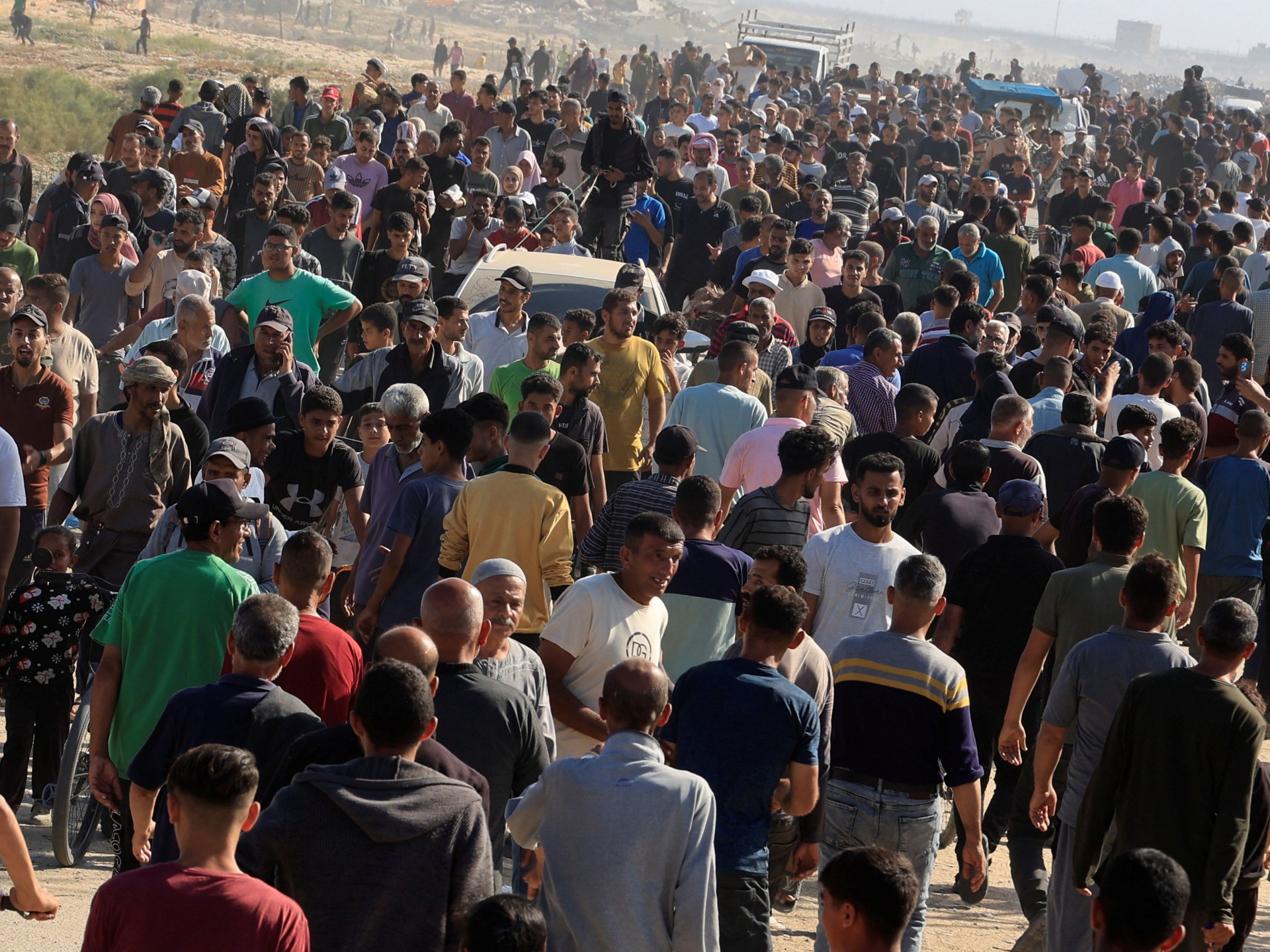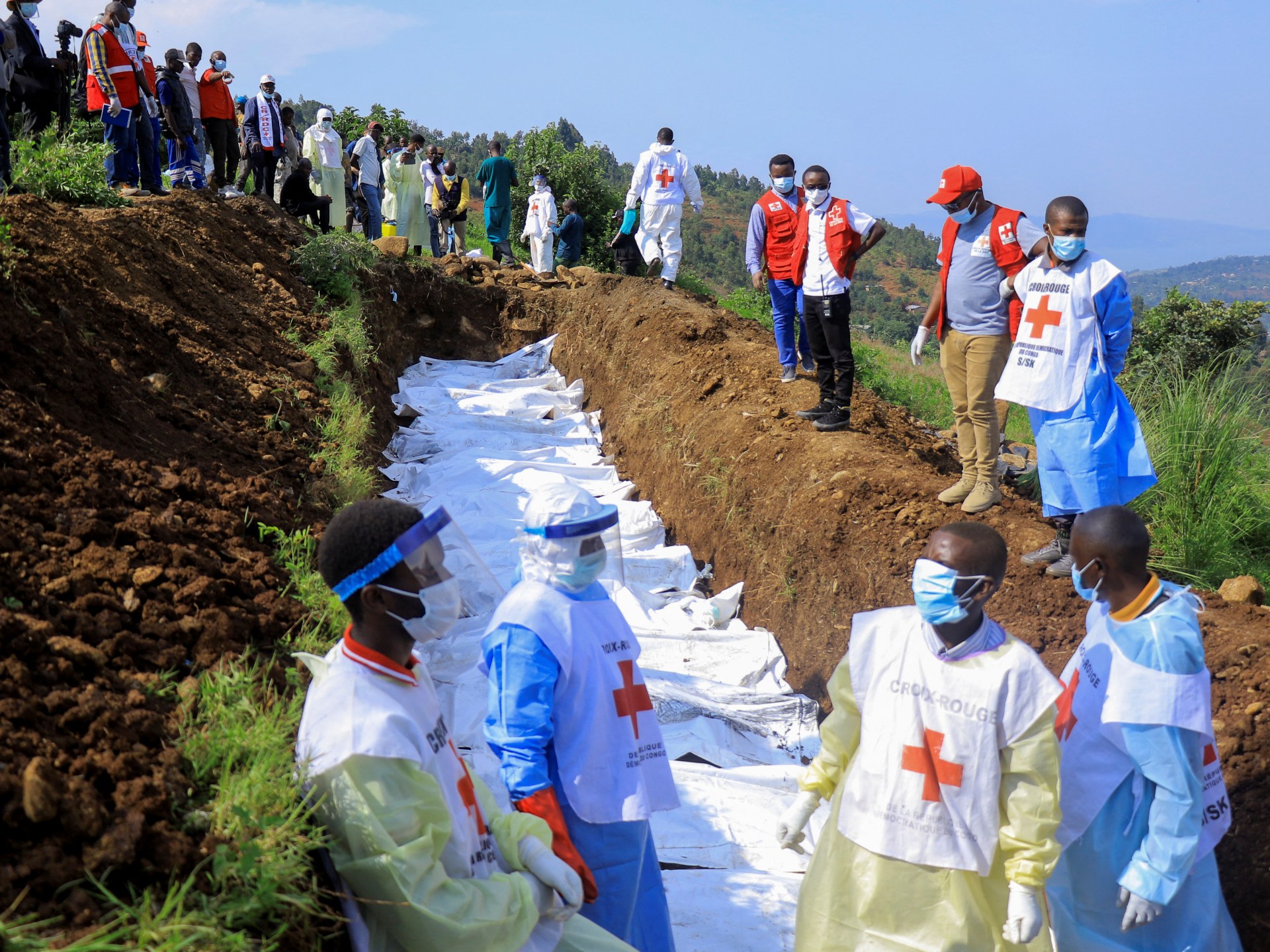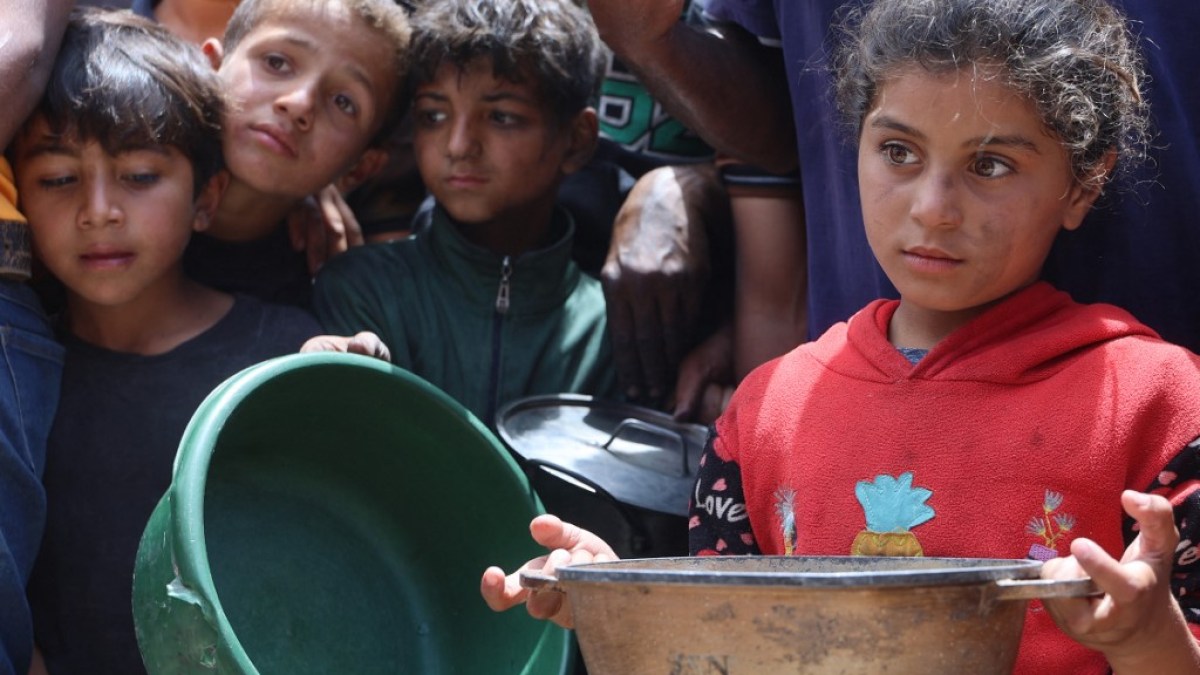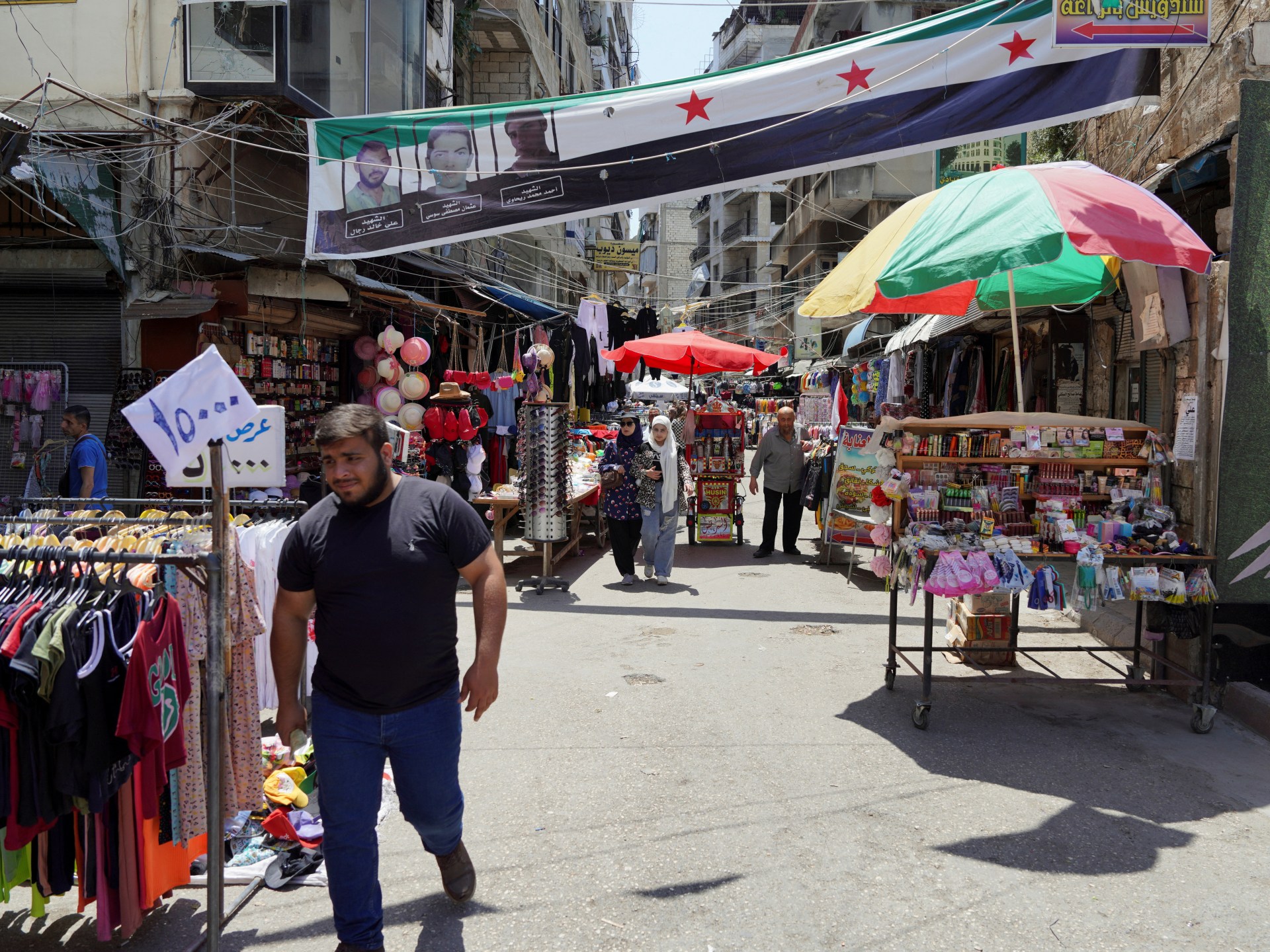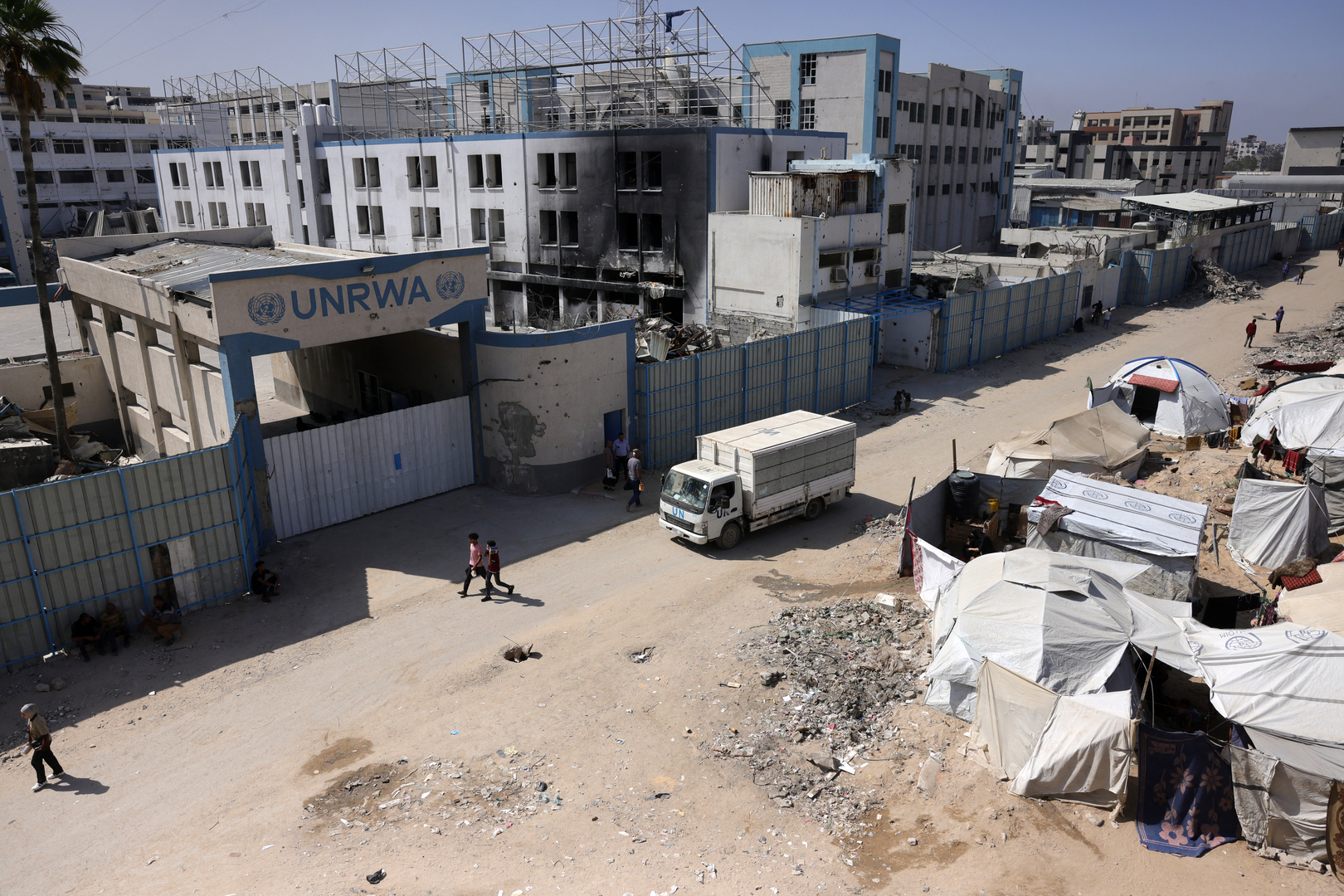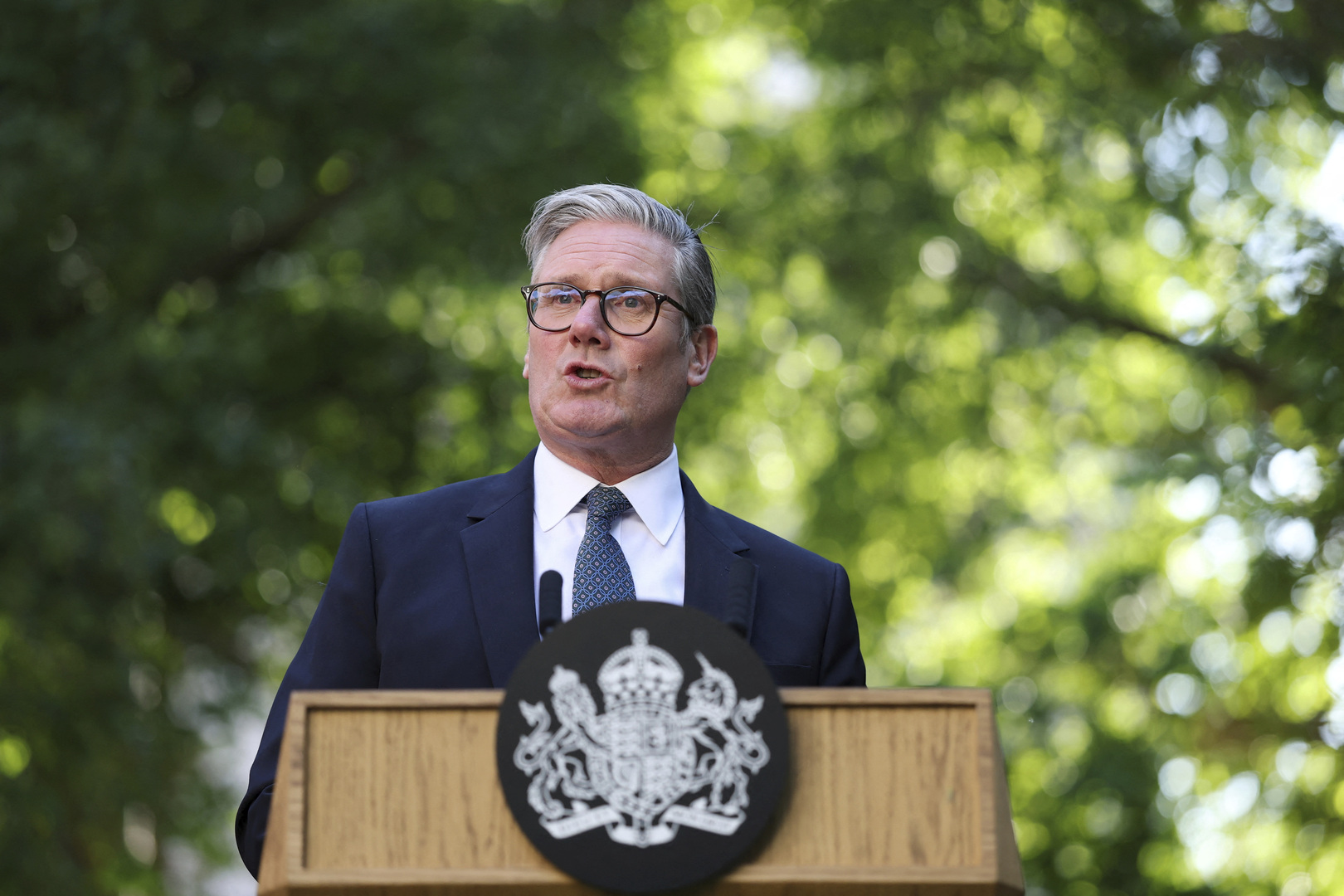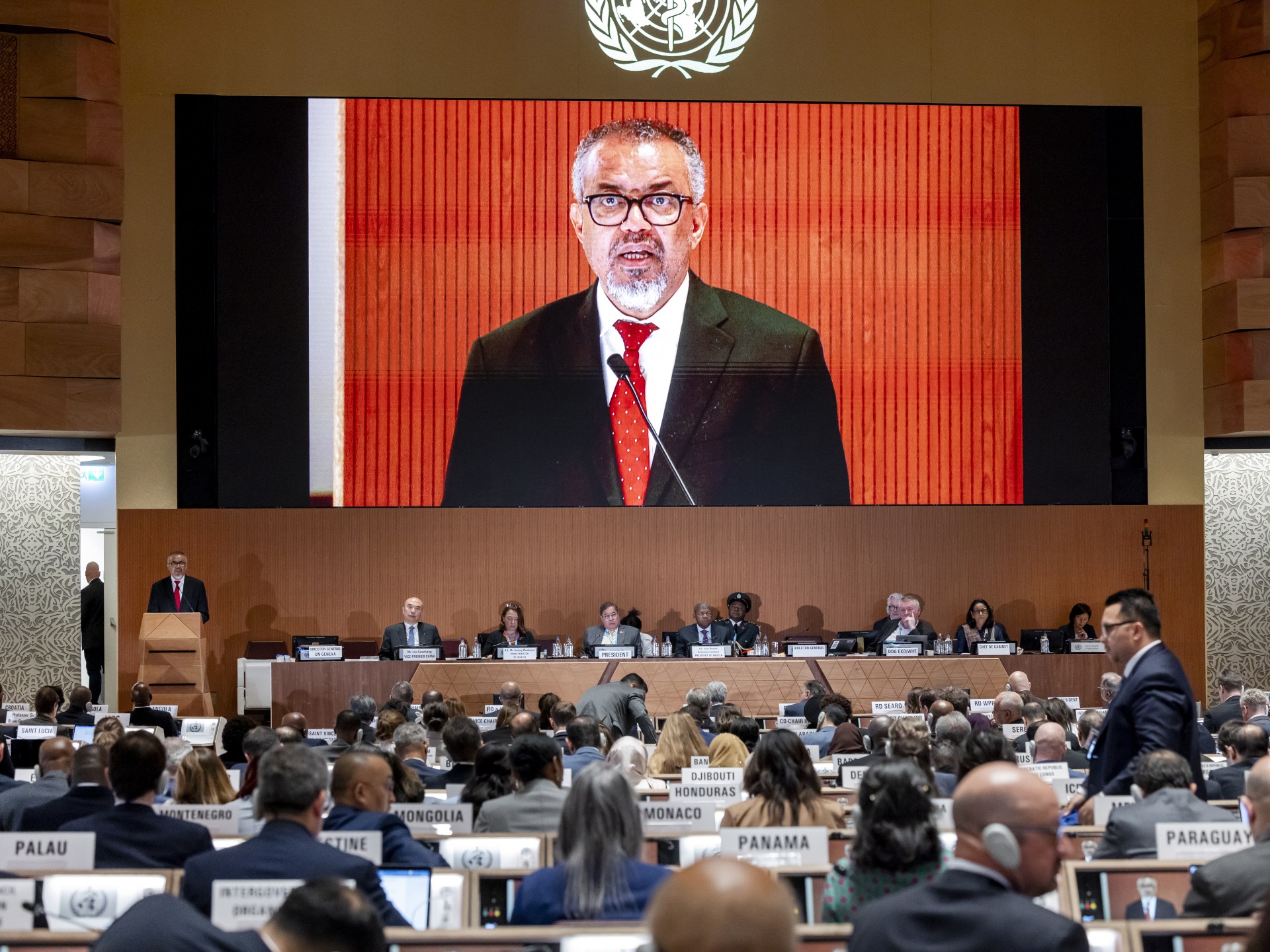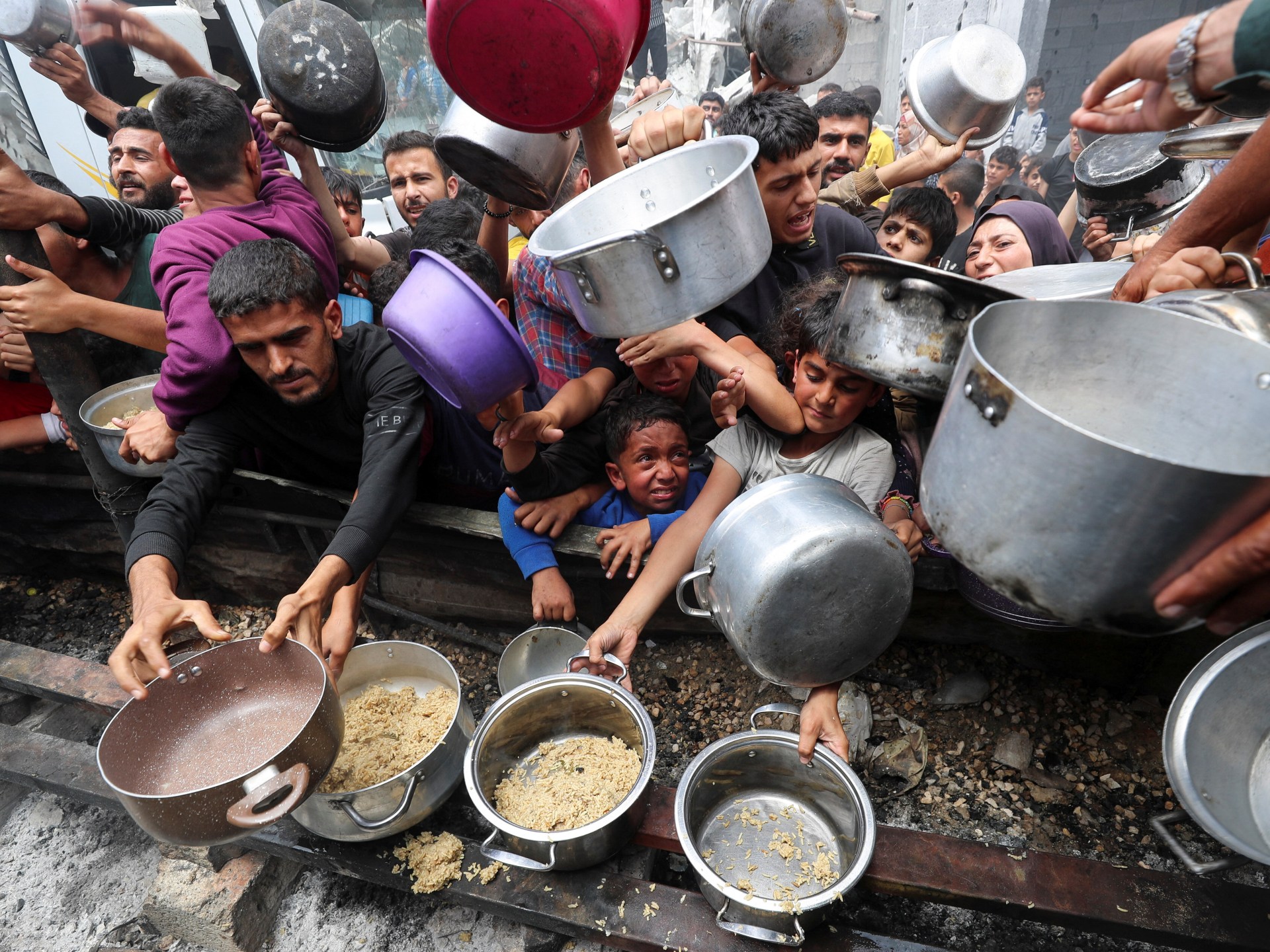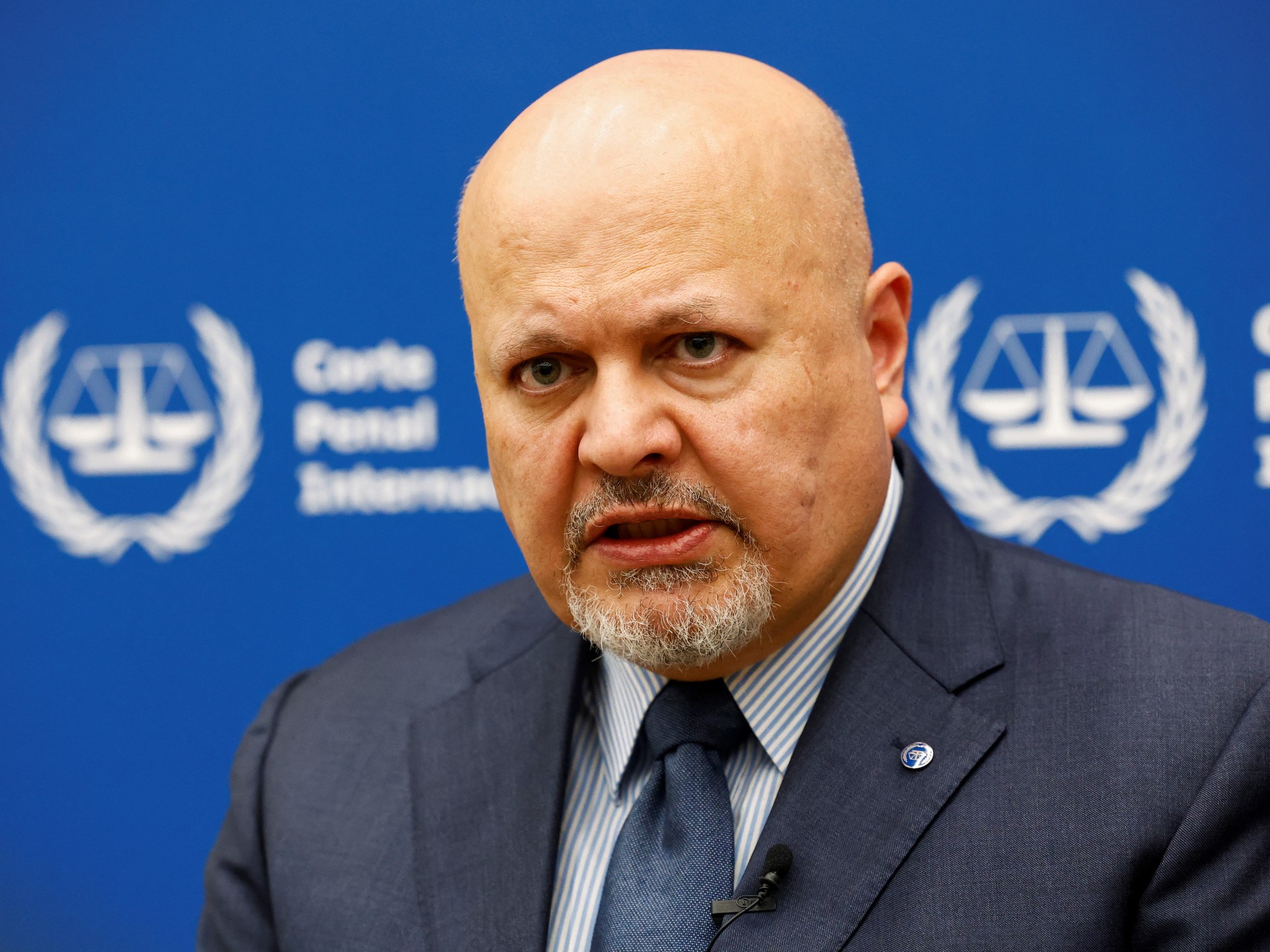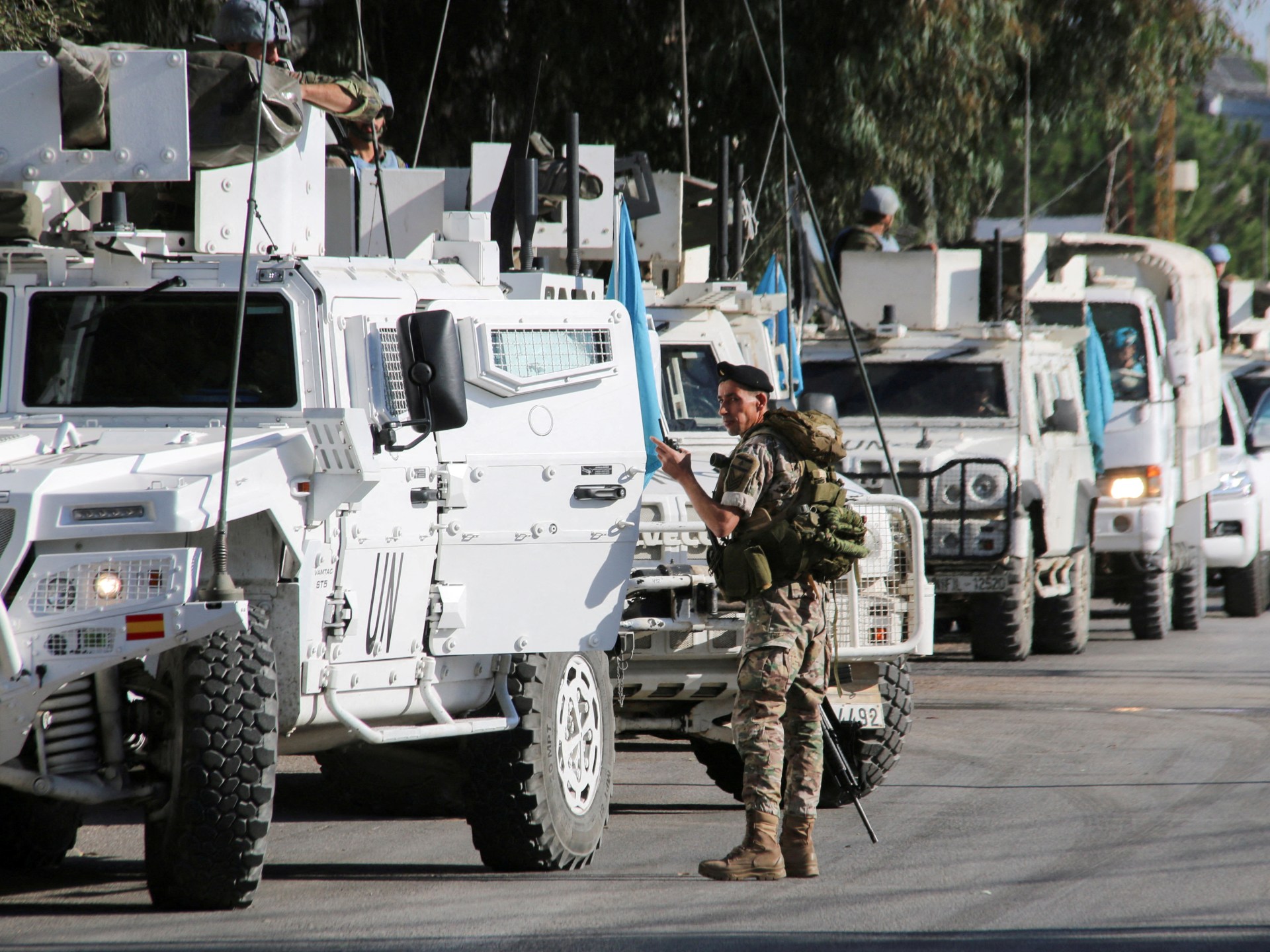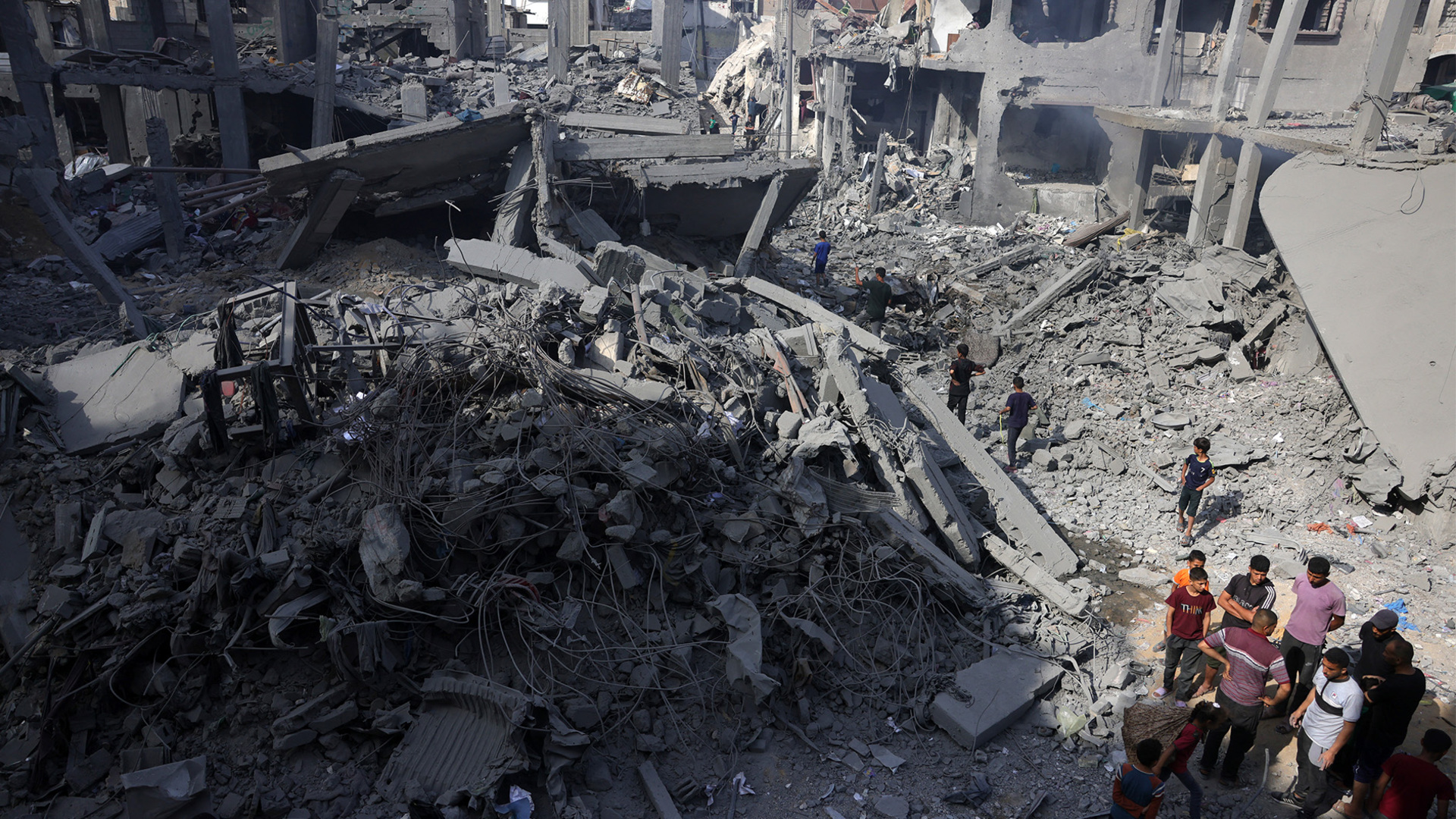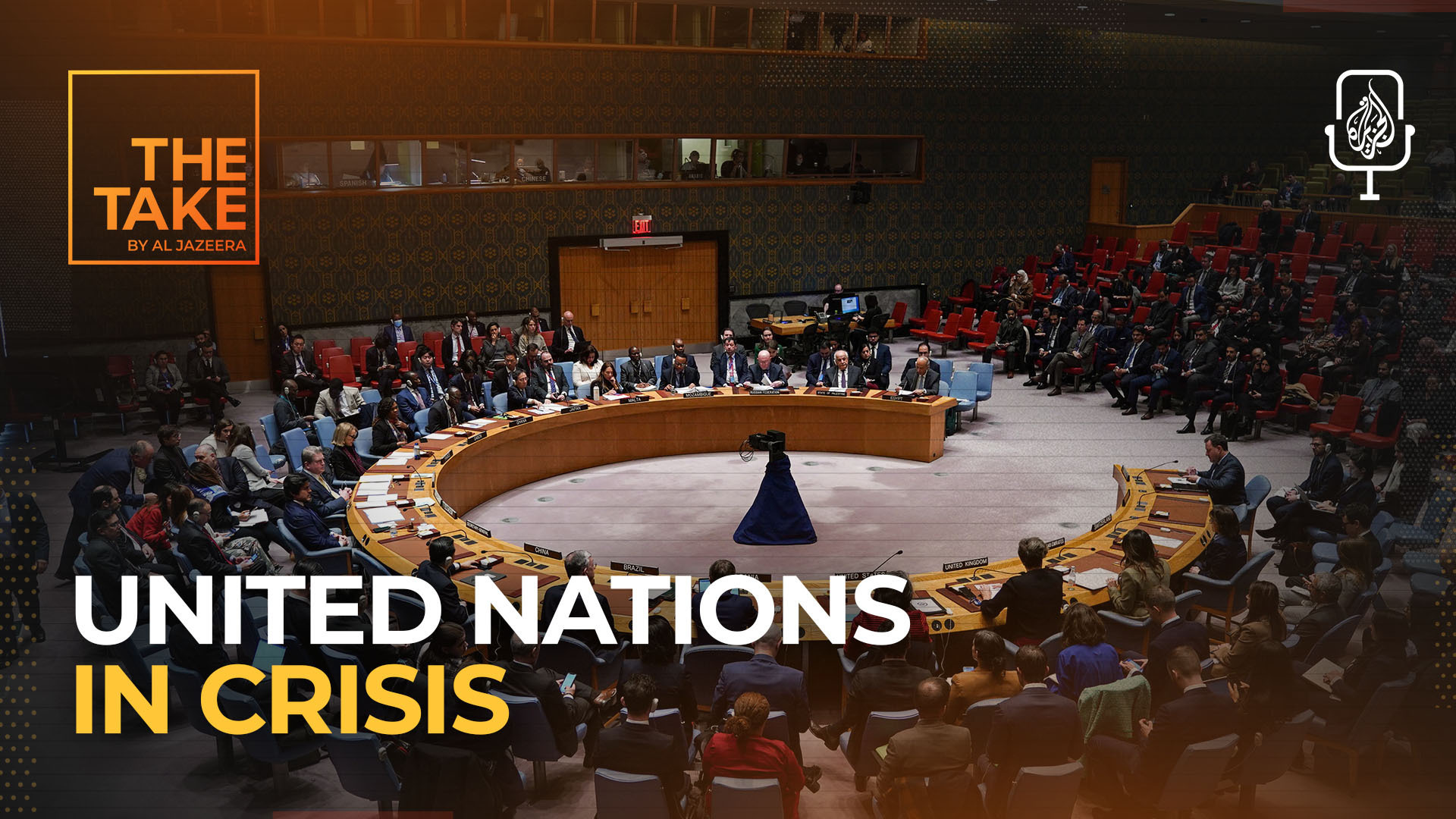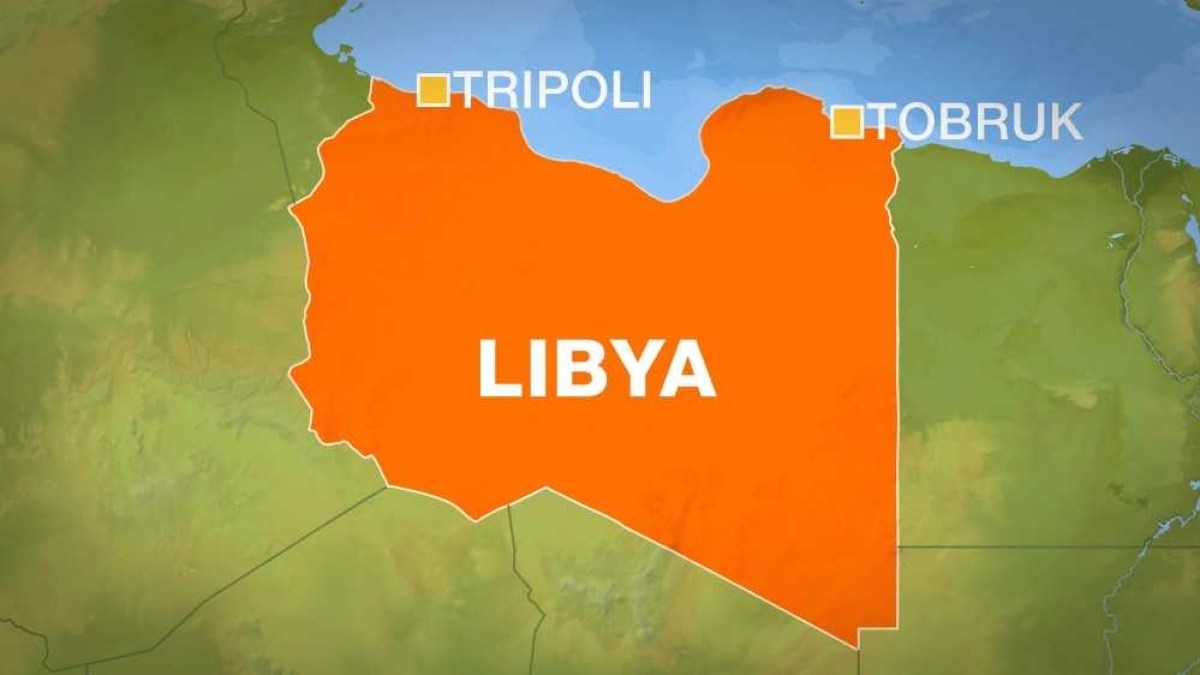UN, aid groups slam US-Israel-backed initiative after deadly rush in Gaza | Israel-Palestine conflict News
At least three Palestinians have been killed in Gaza after the Israeli military opened fire on crowds of people who rushed to an aid distribution point set up by a controversial organisation backed by Israel and the United States.
The deadly incident in the southern city of Rafah on Tuesday left 46 others wounded and seven missing, according to authorities in Gaza.
The aid group behind the initiative, the Gaza Humanitarian Foundation (GHF) denied the report, while the Israeli military said its troops had fired warning shots in the area outside the distribution site and that control was re-established.
The incident has prompted criticism from the United Nations and aid groups, but Israel and the US have defended it.
Here’s a round-up of the reaction:
United Nations
A spokesman for the UN secretary-general, Antonio Guterres, said the images and videos from the aid points set up by GHF were “heartbreaking, to say the least”.
“We and our partners have a detailed, principled, operationally sound plan supported by member states to get aid to a desperate population,” Stephane Dujarric told reporters.
“Humanitarian aid needs to be distributed in a way that is safe under principles of independence [and] impartiality – in the way we’ve always done it… We saw the plan that they’ve [Gaza Humanitarian Foundation] published and that they presented to us, and it is not done with the parameters that we feel match our principles, which we apply across the board, from Gaza to Sudan to Myanmar, to anywhere you want to talk about.”
Palestine
The Government Media Office in Gaza condemned the Israeli military’s actions in Rafah.
“The occupation forces, positioned in or around those areas, opened live fire on starving civilians who were lured to these locations under the pretense of receiving aid,” the office said in a statement.
“What happened today in Rafah is a deliberate massacre and a full-fledged war crime, committed in cold blood against civilians weakened by over 90 days of siege-induced starvation.”
The office added: “This incident provides undeniable evidence of the Israeli occupation’s total failure in managing the humanitarian catastrophe it has deliberately created.”
Israel
Israeli Prime Minister Benjamin Netanyahu acknowledged the chaos at the GHF site, but said the disruption was brief.
“We worked out a plan with our American friends to have controlled distribution sites where an American company would distribute the food to Palestinian families,” he said. “There was some loss of control momentarily. Happily, we brought it back under control.”
He also claimed that there was no proof of malnutrition in the Gaza Strip, saying, “You don’t see one, not one emaciated [person] from the beginning of the war to the present.”
United States
The US State Department also downplayed the rush at the GHF site and dismissed criticism of the aid programme as “complaints about style”.
“Hamas has been opposed to this [aid] dynamic. They have attempted to stop the aid movement through Gaza to these distribution centres, but they have failed,” said Tammy Bruce, the spokesperson for the State Department.
“In that kind of environment, it’s not surprising that there might be a few issues involved. But the good news is that those seeking to get aid to the people of Gaza, which is not Hamas, have succeeded.”
She added: “The real story is that aid and food is moving into Gaza in a massive scale. We’re looking at 8,000 boxes… This is a complicated environment, and the story is the fact that it’s working.”
Gaza Humanitarian Foundation
“The needs on the ground are great. At one moment in the late afternoon, the volume of people at the [distribution site] was such that the GHF team fell back to allow a small number of Gazans to take aid safely and dissipate,” the group said in a statement.
Operations have now returned to normal, the group claimed, adding that it has distributed approximately 8,000 food boxes, which it says will feed 5.5 people for 3.5 days, and adds up to about 462,000 meals.
Refugees International
Hardin Lang, the group’s vice president for policy and programmes, said the US-Israel-backed aid initiative is run by military, rather than humanitarian, logic.
“This is not the way in which you try to feed a population, much less a population that is on the verge of famine,” he told Al Jazeera, speaking from Washington, DC.
“The kind of operation that is required to prevent famine, or stop it if it’s already ongoing, is a tremendously large and complex logistical operation. And it’s not just food. You have to have access to medical facilities, access to acute malnutrition centres … which have not been factored into this plan.”
He added: “This is not set up to meet the needs of people. It very much feels like it’s been designed to locate people into the south of Gaza – into an area that’s been designated by the Israelis as ‘a humanitarian zone’, as opposed to trying to meet the needs of a very desperate population.”
Norwegian Refugee Council
Ahmed Bayram, spokesperson for the NRC, called on Israel and the US to cancel their initiative and let humanitarian organisations do their job.
“What we’re seeing is indeed a summary of the tragedy that the people of Gaza are living,” he said.
“This is not how aid is done; this is not how aid should be distributed, not least obviously an occupier doing that – a country that has destroyed and flattened Rafah, asking people to come back to Rafah, that has displaced people out of Rafah, and now tells them to come back and receive whatever they can get hold of.”
